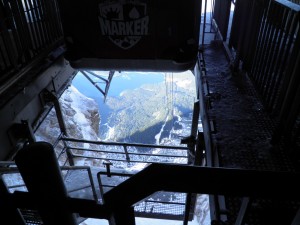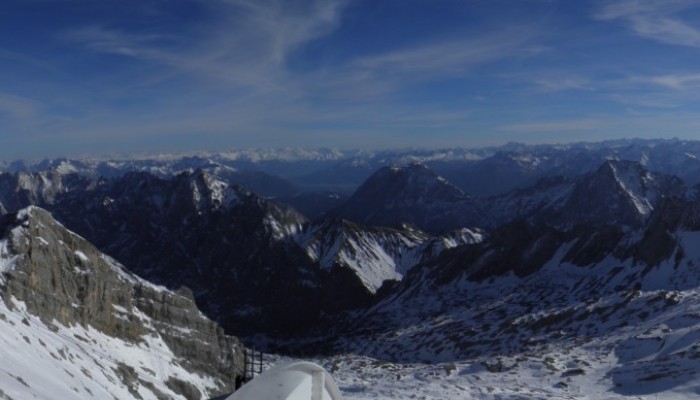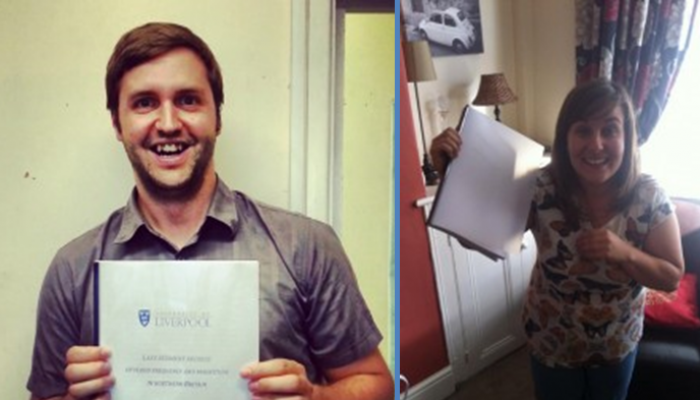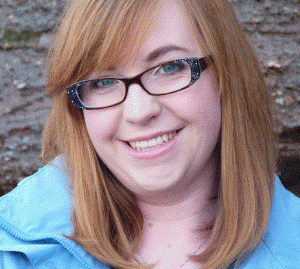Hello everyone!
Gosh! It’s been a long time since I’ve blogged, I apologise! I am in the deepest, darkest hole that is called thesis writing. To make matters worse, the post today isn’t even my own! Having said that, it is a a fantastic guest post by Ekbal Hussain. on why scientist SHOULD communicate the science that they do!
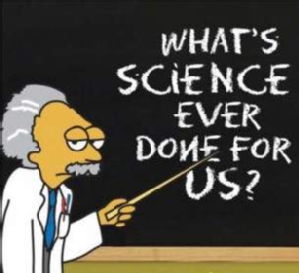
Ekbal’s main interest lies in natural hazards and he feels passionately about science communication and the importance of divulging our scientific knowledge to the wider public, particularly those at risk of natural hazards. He is currently undertaking his PhD in geodetic monitoring of strain accumulation along the North Anatolian Fault in Turkey. I highly recommend his blog, Climate and Geohazards hosted by Climate and Geohazard Services at Leeds University. Ekbal tweets at @ekh_rocksci.
In the post today Ekbal outlines why it scientist should communicate their science. I agree, we certainly do that on a regular basis by attending conferences and producing papers, but Ekbal argues we have a responsibility to make our research accessible to other, much wider, audiences. What is the best method for reaching those audiences? Undoubtedly face-to-face communication is paramount, but a a man after my own heart, Ekbal is a huge advocate for the use of social media, particularly twitter. I’ll finish with this, as Ekbal says, when it come to twitter: JUST DO IT!
After the really great discussions at the science communication splinter meeting at the EGU General Assembly on Monday, I felt inspired to write up some of my thoughts on why science communication is so important.
All scientists have a responsibility to communicate their science. To a large extent that is exactly what happens. We write scientific papers and present at conferences. These are all important forms of communication. However, I believe that we also need to communicate it to the non-scientists and the non-specialists.
Why? Well for multiple reasons: to inform and educate others particularly if the the scientific results could impact their lives, e.g. natural hazards and climate change, raise awareness of your field and the dynamic nature of science.
For me, a very important aspect of science communication is to inspire! You may one day become the world leader in your field but after you retire who will take over the mantle from you? We obviously love what we are doing, (yes yes, I know research has its ups and downs but we love the science really). So we have a responsibility to encourage, enthuse and empower the younger generation to get involved with the geosciences and equip them with similar communication skills so they can do the same.
We all have a responsibility to inspire, for without it the flame of discovery in our science will fizzle out and leave the world a much darker place. (That’s a really cheesy line, but I’m quite proud it …)
At the splinter meeting we discussed the importance of science communication via social media compared to face-to-face communication.
Undoubtedly both are very important and applicable in different settings. I am a great fan of face-to-face communication. Because you can directly share your love and passion for your subject. So be naturally appealing, be enthusiastic and energetic and use all the tools at your disposal. Be expressive with your hands, your face and your eyebrows because these all give social cues to the listener to become more engaged and attentive. There is nothing worse than an inattentive audience. Use your charisma to reel them in.
Face-to-face communication does not have to wait till you are in a classroom either. You can communicate science to your housemates, to your friends, on the train, to the person sitting next to you in the plane etc. Make Everywhere your playground and the World your audience!
In terms of digital communication…. just do it! Why? because you are helping to populate the internet with good, correct science. So when the concerned citizen wants to know about the risks of fracking in his/her neighbourhood and they Google ‘fracking risk’, make sure your blog is the first hit!
Maybe more importantly, you are doing it for yourself too. By writing blogs and tweeting you are developing skills in communication and dissemination of what is actually fairly complex knowledge. These are very valuable skills not only for an academic career but for a non-academic one too.
At the risk of waffling, I’ll end here and encourage you all to talk, write, be enthusiastic and engaging. Stop hoarding all that love for your science and let others experience it too!
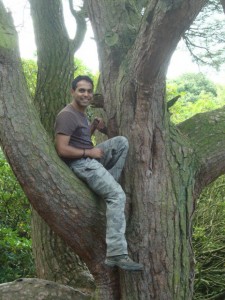
Happy communicating!
Ekbal
P.s. Follow me on twitter: @ekh_rocksci
P.s.s. And check out my blog on climate and natural hazards: climateandgeohazards.wordpress.com
